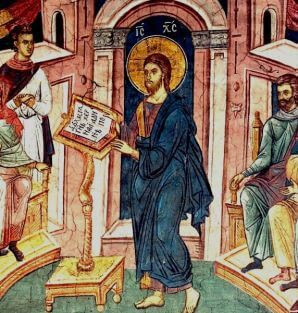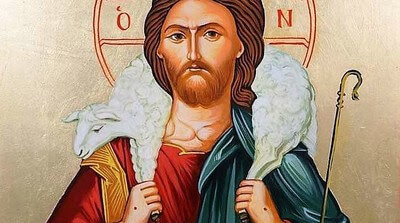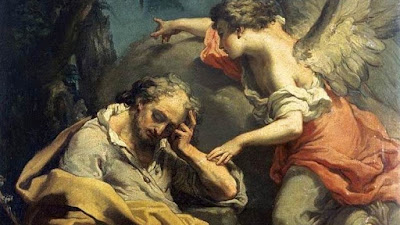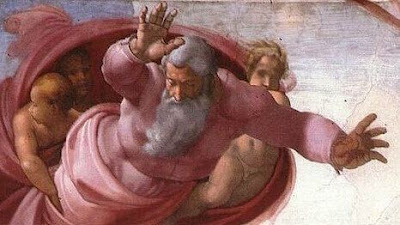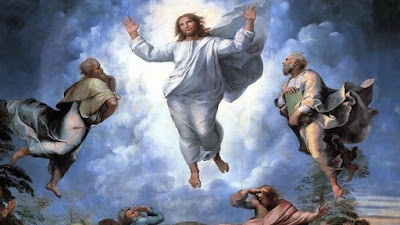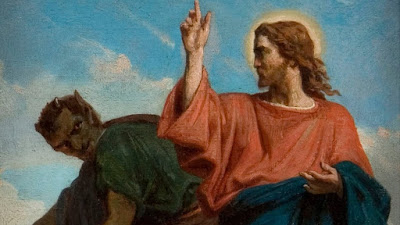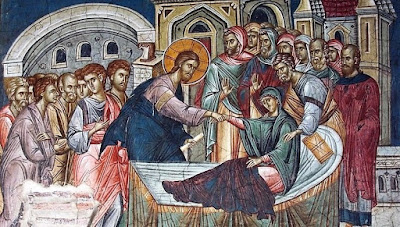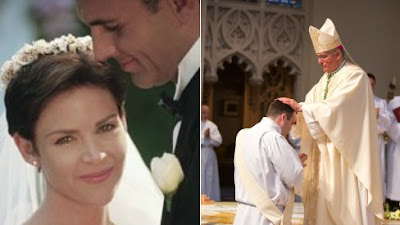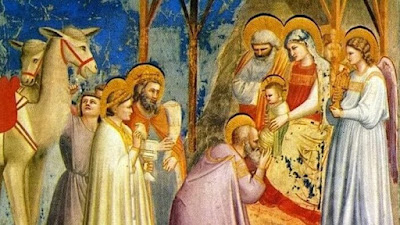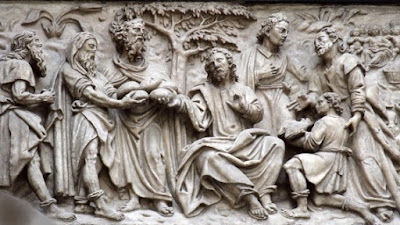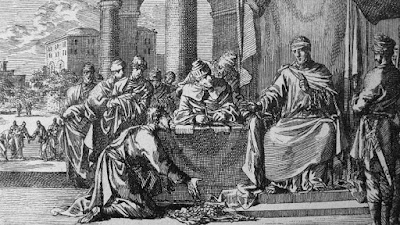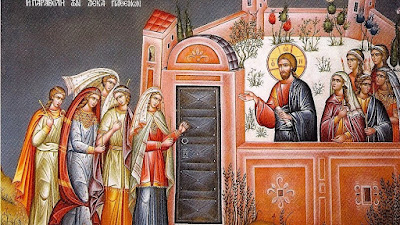Reflection for the 15th Sunday in Ordinary Time, Year B
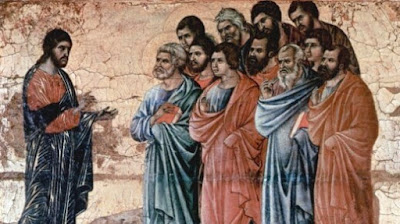
Fr. Charles Irvin Amos 7:12-15; Ephesians 1:3-14; Mark 6:7-13 We are in ordinary time now. In the liturgies from Christmas until Pentecost we entered into all that God our Father has done for us and all that His Son has done for us in His birth, life, death, and resurrection. God has sent His Son among us not just to tell us that He loves us, but to share His very life with us. Now, in ordinary time, it is we who are sent, sent by the Holy Spirit who, because of Christ, the Father has sent to us. In today’s Gospel account we reflect on that event in which Jesus summoned the Twelve and first sent them out into their surrounding world. The account is not about something that happened long ago, it is about something that is happening to us in our lives. God, you see, is sending us. Visit Father Irvin's Homiletics Page for more reflections and homilies. Being sent is a commission that occurs because of God’s initiative, not ours. Amos, about whom we heard in the first reading, p
